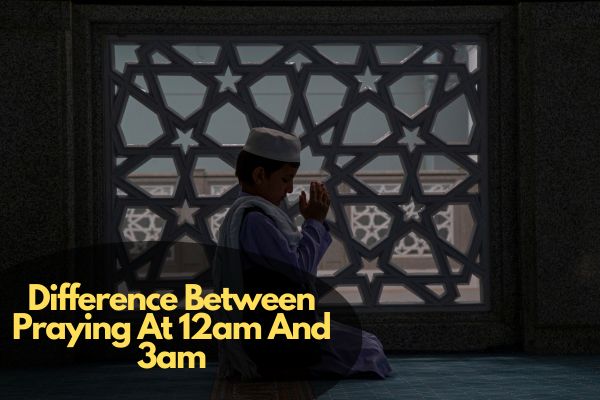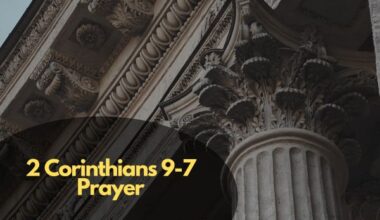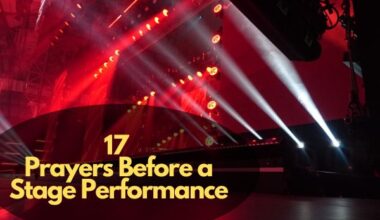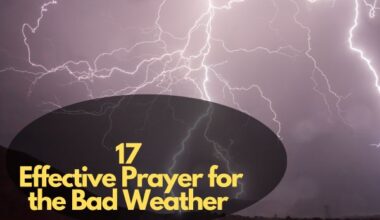Table of Contents Show
- Low Interest Church Loans
- Low Interest Church Loans
- Low Interest Church Loans
- Low Interest Church Loans
- Low Interest Church Loans
- Low Interest Church Loans
- Low Interest Church Loans
- Low Interest Church Loans
- Low Interest Church Loans
- Low Interest Church Loans
- Low Interest Church Loans
- Low Interest Church Loans
- Low Interest Church Loans
- Low Interest Church Loans
- Low Interest Church Loans
- Low Interest Church Loans
- Low Interest Church Loans
Difference Between Praying At 12am And 3am
The difference between praying at 12 am (midnight) and 3 am may vary based on individual beliefs, religious practices, and cultural interpretations. Here are some general considerations:
Cultural and Religious Significance:
Midnight (12 am)
In some cultures and religious traditions, midnight is considered a significant time for prayer. It may symbolize the transition from one day to the next and hold spiritual significance.
3 am
In Christian traditions, 3 am is often referred to as the “hour of mercy” or “the devil’s hour.” Some believe that this time has special spiritual significance, as it is considered the opposite of the time when Christ is believed to have died on the cross (3 pm).
Symbolism:
Midnight
Midnight is often associated with the concept of darkness and the beginning of a new day. It may represent a time of reflection, renewal, and the hope for a new beginning.
3 am
Some cultures attach a sense of mystery or heightened spiritual activity to the early hours of the morning, and 3 am, in particular, is sometimes associated with supernatural occurrences.
Personal Spiritual Practices:
Midnight
People may choose to pray at midnight as a way to seek guidance, protection, or to express gratitude for the day that has passed.
3 am
Some individuals may choose to pray at 3 am for specific reasons, such as seeking divine intervention, spiritual breakthroughs, or as a form of personal discipline.
Cultural and Religious Variations:
Midnight
Different cultures and religions may have specific rituals or prayers associated with midnight, depending on their beliefs and traditions.
3 am
Similarly, certain religious or cultural practices may prescribe specific prayers or activities at 3 am based on their understanding of spiritual significance during that time.
Other differences include
Atmosphere and Ambiance:
12 am
The atmosphere at midnight is generally quieter and more serene, with a sense of stillness in the air.
3 am
At 3 am, the ambiance might be even more tranquil, as it’s the deepest part of the night, and there’s a profound sense of solitude.
Symbolism:
12 am
Midnight is often associated with the end of one day and the beginning of another, symbolizing a transition.
3 am
3 am is sometimes considered a spiritual and symbolic time, often associated with a “spiritual veil” being thinner.
Personal Energy Levels:
12 am
Personal energy levels might vary, and some individuals may feel more awake and focused at midnight.
3 am
Energy levels might be lower at 3 am, and prayer at this time could be more introspective and meditative.
Biblical References:
12 am
Midnight is mentioned in several biblical stories, often signifying a significant event or change.
3 am
3 am has less specific biblical references but is sometimes associated with the idea of a special time for spiritual encounters.
Cultural Beliefs:
12 am
Some cultures believe that midnight prayers are potent for protection and guidance.
3 am
In certain traditions, 3 am is considered a time when spiritual activities are heightened, and prayers are more likely to be answered.
Psychological Impact:
12 am
Praying at midnight may have a psychological impact as it marks a new day and a fresh start.
3 am
The psychological impact of praying at 3 am may be different, potentially associated with a deeper sense of connection.
Connection to the Divine:
12 am
Midnight prayers may be seen as a way to seek guidance for the upcoming day.
3 am
3 am prayers may be seen as a deeper connection with the divine, as it is a time when many believe the spiritual realm is more accessible.
Mystical Interpretations:
12 am
Midnight is often associated with mystery and the unknown.
3 am
3 am is sometimes considered a “witching hour” or a time when mystical events are more likely to occur in folklore.
12 am
Midnight is when the body may start to transition into deeper sleep.
3 am
3 am is considered the deepest part of the sleep cycle, and waking up at this time for prayer may disrupt sleep patterns.
Global Time Variations:
12 am
The concept of midnight is universal, occurring at different local times around the world.
3 am
Similarly, 3 am is a global concept but varies based on time zones.
Historical Practices:
12 am
Midnight prayers have historical significance in various religious and spiritual practices.
3 am
Some historical figures and religious leaders are believed to have engaged in prayer and meditation during the early morning hours.
Nature of Requests:
12 am
Midnight prayers may focus on seeking guidance for the day ahead.
3 am
3 am prayers may involve more profound requests, such as spiritual insight or transformative experiences.
Day vs. Night Symbolism:
12 am
Midnight symbolizes the end of darkness and the beginning of a new day.
3 am
3 am is still in the depths of the night, symbolizing a time of quiet and reflection.
Cultural Practices:
12 am
Midnight prayers are embedded in the cultural practices of various societies.
3 am
3 am prayers may be part of specific cultural or religious rituals that emphasize the spiritual significance of this time.
Prayer Vigils:
12 am
Midnight is commonly associated with prayer vigils during religious celebrations.
3 am
3 am may be the culmination of extended prayer vigils, marking a spiritually charged moment.
Spiritual Awareness:
12 am
Midnight prayers may heighten spiritual awareness at the beginning of a new day.
3 am
3 am prayers may deepen spiritual awareness in the stillness of the night.
Personal Discipline:
12 am
Praying at midnight may require discipline to stay awake after a long day.
3 am
Praying at 3 am may demand even greater discipline due to the deeper sleep phase.
Dream State:
12 am
Praying at midnight may be influenced by dreams and reflections on the events of the day.
3 am
3 am prayers may be influenced by dreams experienced during the deepest part of the sleep cycle.
Community Practices:
12 am
Midnight prayers may be part of community gatherings during religious events.
3 am
3 am prayers may involve more personal, individual practices.
The expectation of Divine Presence:
12 am
Midnight prayers may focus on inviting the divine presence for the day.
3 am
3 am prayers may involve a heightened sense of expecting divine encounters due to the perceived spiritual significance of the time.
Conclusion
In religious practices, the difference between praying at 12 a.m. and 3 a.m. is more than a matter of hours; it’s a unique journey of spiritual connection. Whether immersed in the stillness of midnight or awakening to the pre-dawn serenity, believers find solace and communion with the divine. Understanding the nuances of these practices enriches our appreciation for the diverse ways individuals seek a higher connection.
Frequently Asked Questions
1. Is there a “better” time to pray at night?
There’s no universal “better” time, as it depends on personal beliefs and preferences. Midnight symbolizes transition and releasing burdens, while 3am signifies deep stillness and heightened spiritual activity. Choose the hour that resonates with you for deeper connection.
2. Are there any religious traditions associated with specific night hours for prayer?
Yes, several religions associate spiritual significance with specific night hours. Christianity links midnight to Jesus’ crucifixion and 3am to intense prayer and spiritual warfare. Islam emphasizes Prophet Muhammad’s special prayers at 3am.
3. Does the clock matter in prayer?
Ultimately, the clock is less important than the sincerity of your heart and the depth of your connection. Whether you pray at midnight, 3am, or any other time, focus on creating a space for stillness and allowing your prayer to rise with authenticity.








